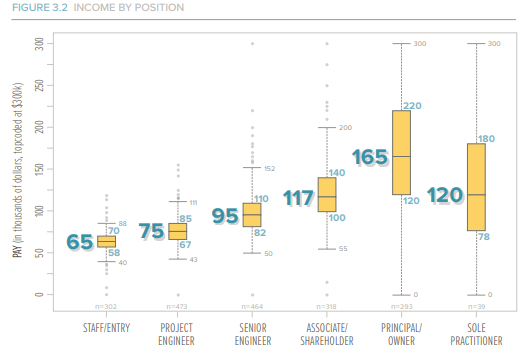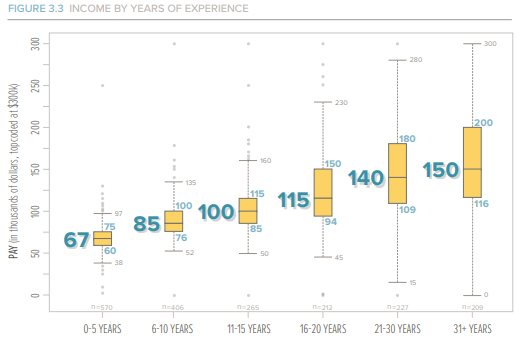CivilSigma
Structural
Hi Everyone,
I am four years into my career as a structural engineer, and to be frank I am un happy with my salary.
I currently make $70 000 CAD working for one of the "big" consulting companies. I am an EIT, and expect my P.Eng by the end of summer.
My peers working in the public sector easily get paid $80k+ and get great benefits while more or less making the same spreadsheets as me.
May I ask the users here for their input on their salary, type of work (consulting vs. management), general location and years of experience?
I really enjoy structural engineering, and I just want to know what I will realistically make as I progress in my career.
Sincerely,
CS
Edit: I am in Ontario, Canada.
I am four years into my career as a structural engineer, and to be frank I am un happy with my salary.
I currently make $70 000 CAD working for one of the "big" consulting companies. I am an EIT, and expect my P.Eng by the end of summer.
My peers working in the public sector easily get paid $80k+ and get great benefits while more or less making the same spreadsheets as me.
May I ask the users here for their input on their salary, type of work (consulting vs. management), general location and years of experience?
I really enjoy structural engineering, and I just want to know what I will realistically make as I progress in my career.
Sincerely,
CS
Edit: I am in Ontario, Canada.


